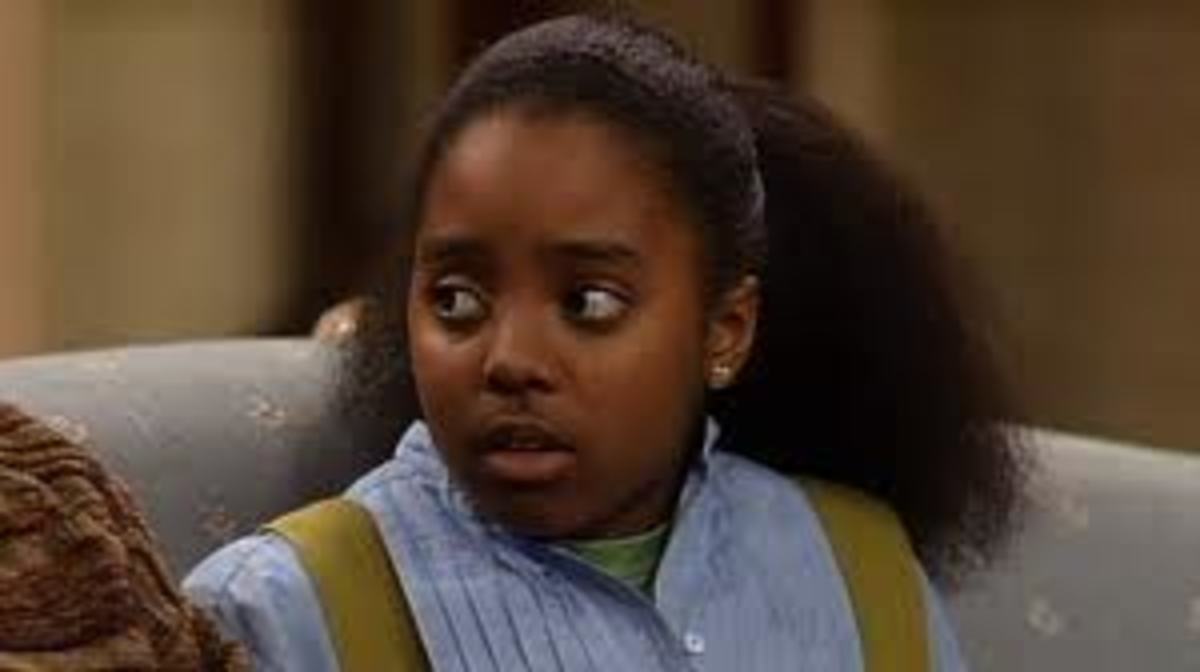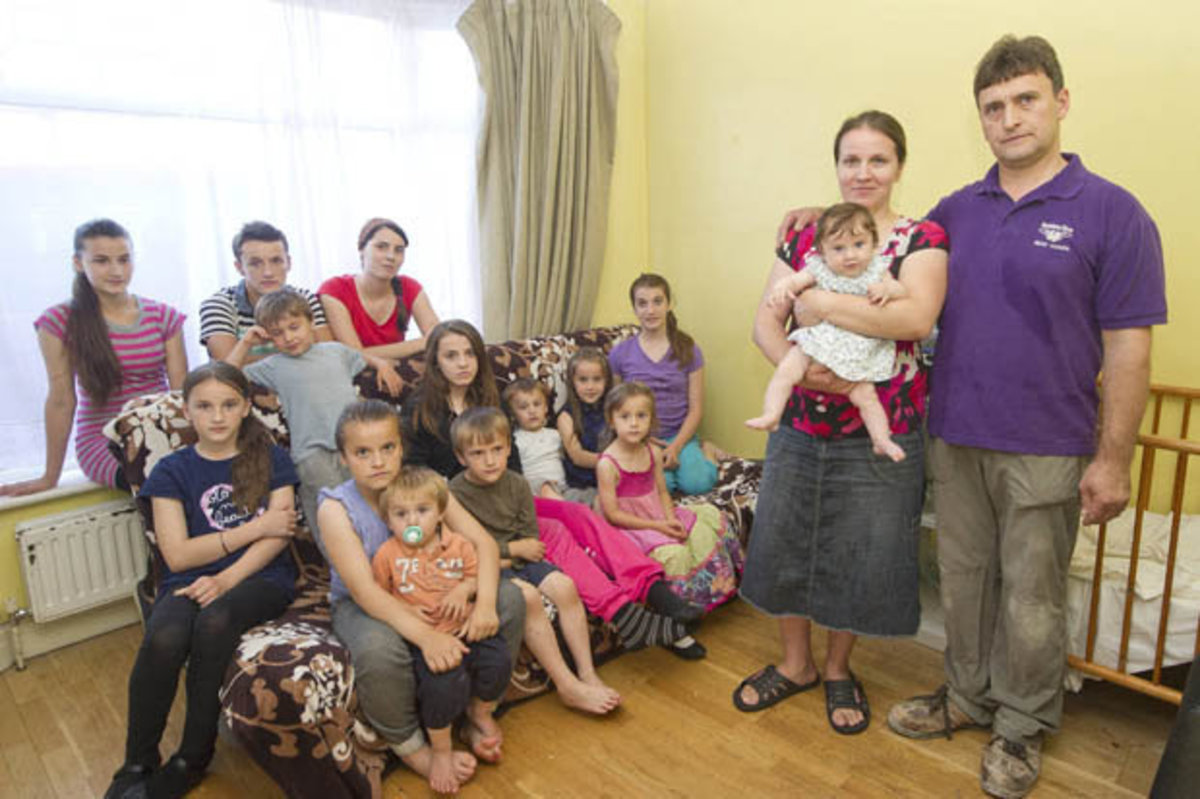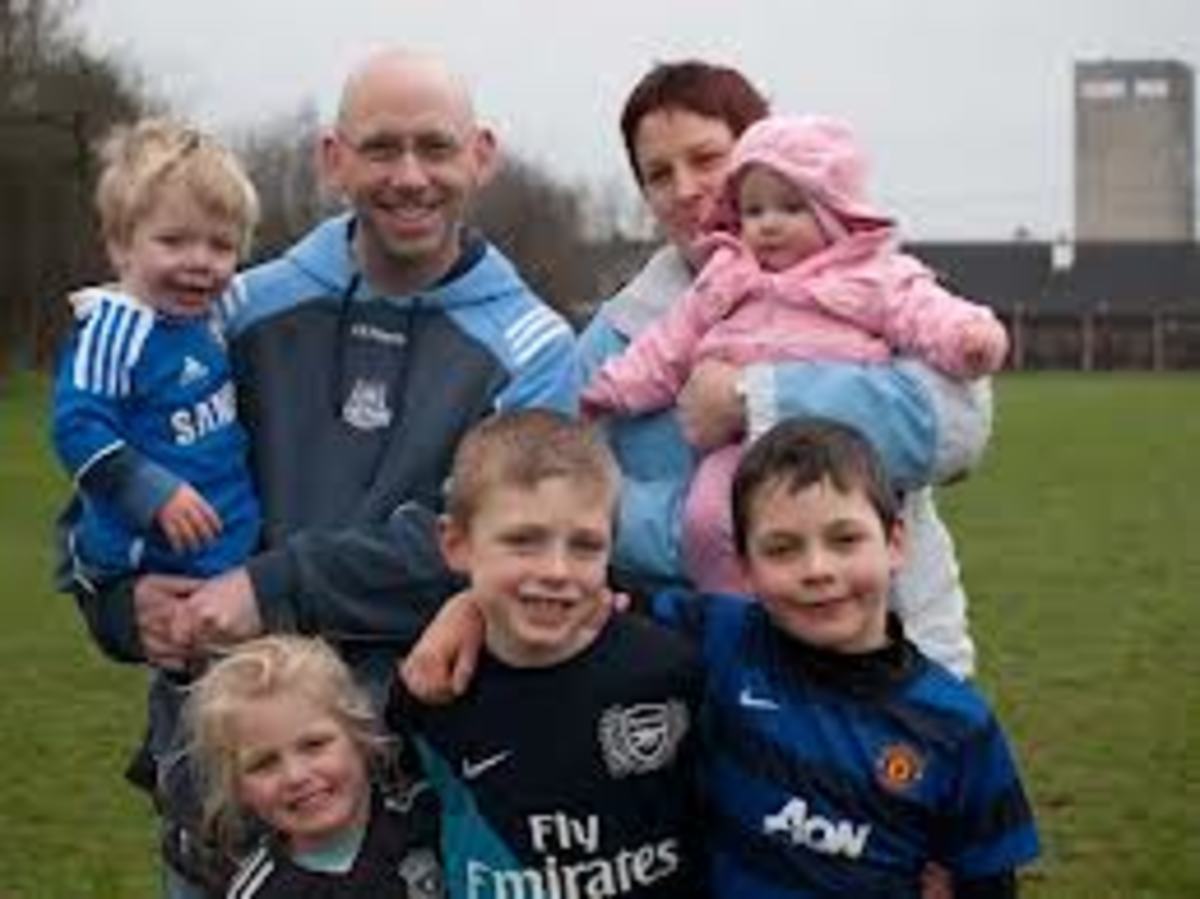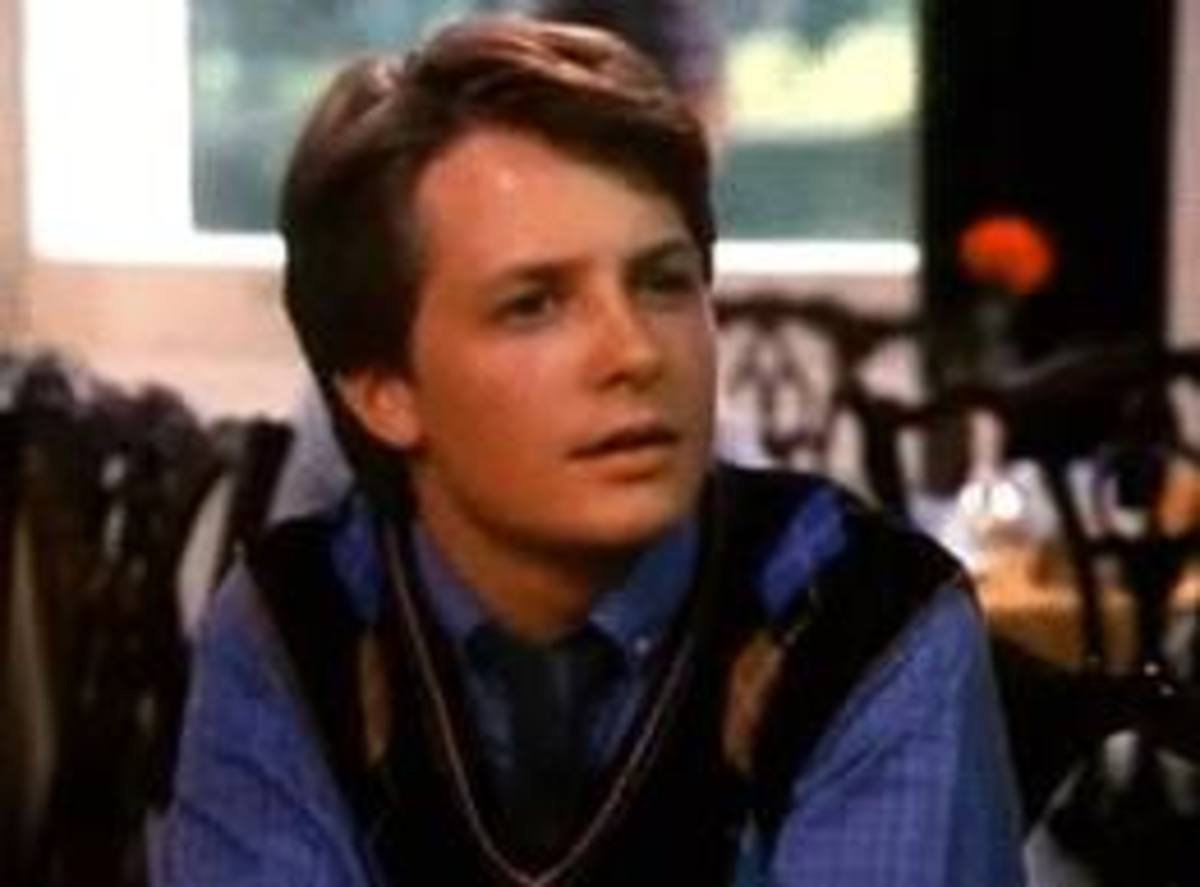Why Large Families are UNFAIR to Oldest and Middle Children While FAIR to Youngest Children, Part 2/3-MIDDLE CHILDREN














Some Endure Hell While Others Endure Bliss
Introductory Metaphor-A little girl wonders into a dark pathway. She is lost. She starts to cry, shouting where is she. She continues to shout and scream; however, there is no response at all. She is unable to find her way out. She does not know what to do. "Oh no," she wails, what IS she going to do. She CANNOT stay there!
In a recapitulation of Part 1/3 of this hub, first there was discussion of how large families (households of 6 or more children)negatively impact both parents and children financially and emotionally. Parents of large families are oftentimes unable to adequately provide for their children as monies have to be allocated among a large amount of children. In addition to that, parents of large families simply cannot devote individualized love, care, and attention to their children. Some child is definitely not going to have his/her needs met.
Secondly, there was a synopsis of the oldest child in the large family. Many oldest children in large families are discarded in favor of younger siblings. They must often mature fast as they are expected to take on adult responsibilities very early. It is customary for oldest children in large families to assume parenting duties for their younger siblings as their parents cannot effectively raise such a large number of children by themselves. They are often there for their parents and siblings but this is not reciprocated on the part of the parents. They are taken for granted by parents and younger siblings who assume that the former will be always there to handle whatever problem arises. Then, there are some who leave home at the first opportunity to escape the onerous home atmosphere to gain freedom for themselves.
In Part 2/3 of this hub, the middle child in the large family will be addressed and discussed in length. The working definition of large families in the context of this hub is 6 and more siblings per household. Middle children in large families are often in a very shadowy position. Well, one can say that middle children regardless of family size are often undecipherable. They really cannot be clearly pinpointed or defined. However, middle children in large families are in proverbial quagmire of sorts. They are beyond being overlooked and ignored.
Middle children in large families are often lost in the shuffle. In large families, children tend not to receive the prerequisite parental attention. Parents of large families have their hands full, giving the prerequisite attention to those children who need it most. Some children will get the needed parental attention whereas others will not. Guess which child or children will not receive such attention? It is often middle children.
Middle children in large families have even more competition for what little parental attention there is. They literally, proverbially, and psychological are lost with the fiercer competition among a large number of children for parental attention. They contend that they often receive the psychological crumbs, if any, of whatever parental attention is available. They feel that they have to settle for what little parental time, if any, that comes their way.
Middle children in large families are often in the familial Graylands. They are not in familial Inferno like the oldest children but neither are they are familial Paradiso as youngest children are. They are left out. Although middle children in smaller families can be made to feel left out, in large families it is tenfold. Middle children in large families are proverbially left out in the cold. They feel as if they are strangers in their own immediate families. They observe their older and/or younger siblings having their own individual lives, hobbies, and/or responsibilities. They wonder where they fit into the familial picture and scene.
Many of them contend that they fit nowhere in their respective families. They feel as if they are perennial family outsiders. In their eyes, the older siblings are more respected and somewhat lionized while the younger siblings are more indulged. They feel as if they are just part of the scenery, no more or less. They are just lurking in the familial shadows so to speak.
Middle children in large families can be quite nebulous, drifting in and out of the familial scene when it suits them. This is quite easy for them to do as they feel unnoticed by parents anyway. They can be chameleon-like, shifting personalities in order to fit in with their particular family dynamic. Of large family birth orders, middle children are the ones who are most likely to feel left out, unwanted, and uninvolved. They believe that they have to constantly reinvent themselves in order to belong.
Another reason that some middle children in large families reinvent themselves is that they oftentimes feel quite insignificant in comparison to their older and/or younger siblings. They feel that they are receiving more respect and/or noticed more than they are. They contend that in order to receive at least a modicum of notice, they must reinvent a persona to suit their particular familial environment or just to suit a moment.
Middle children in large families are oftentimes the ones most likely to be left to their own device as other family members are busy with their own respective lives. They are often the most independent of all large family birth orders. They have to depend upon themselves because no one else is there to do anything for them. They have to learn to rules of survival in the family jungle. They had better learn to swim or sink.
Middle children in large families who can successfully navigate their respective environment, are the survivors. Those who are unsuccessful, sink and sink fast. Middle children who expect to be waited on by either parents and/or siblings are in for a quite rude shock. They realize that nobody is going or will wait on them. In the typical large family environment, it is the younger children who receives the lion's share of the parental attention and care, even the material resources while the older children are more or less on their own. If they are smart, they learn this lesson early.
Middle children in large families are the ones who raise and/or teach themselves the rudiments of what life has to offer. Again, there is no one else in the family available to teach them. Older siblings are busy with adult responsibilities which include caring for younger siblings. Parents have their hands full with children, household tasks, and/or related responsibilities. Yep, the middle child in the large family is pretty much on his/her own.
There are some middle children in large families who are unable to successfully navigate their familial environment. They feel as if they do not matter and that no one cares. They figure that if no one cares, they should not either. They fade into the background, becoming totally anonymous. Others go in a complete downward spiral, sinking into an emotional and/or psychological abyss with a few hitting a proverbial or literal rock bottom.
There are a few middle children in large families who adopt highly assertive and/or aggressive behaviors in order to get noticed by their parents and/or siblings. They contend that they will NEVER be in the family background and/or in second place. They believe that it is either proverbially eat or be eaten. They do not intend to be the passive one in the family but an active participator. They intend to make sure that they will NEVER be overlooked and/or ignored EVER.
A few middle children in large families decide to withdraw and/or disassociate from the family drama and/or dynamic, electing to go their own independent way. They oftentimes cultivated other adult figures and/or mentors such as teachers, aunts, uncles, clergy, and/or other trusted adults who could do a better job mentoring and/or motivating them. They also cultivate outside friends who they can better relate to.
Middle children in large families are not encumbered nor entrenched in rigid familial roles like the oldest and/or the youngest child. Since there are no written expectations of them, they have the freedom to be whom and/or what they wish to be. They also have the more navigational and/or physical freedom to be about than either their oldest and/or youngest counterparts.
In Part 3/3, the next and last part of this hub, I shall address how youngest children in large families often are treated the most preferentially and have opportunities that their older siblings do not have.
© 2013 Grace Marguerite Williams








